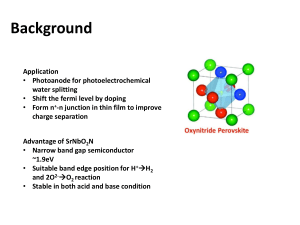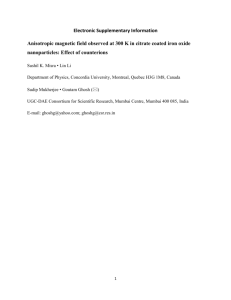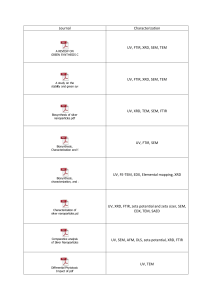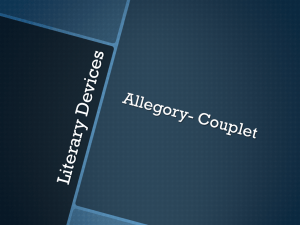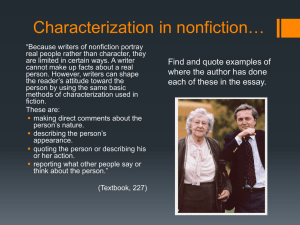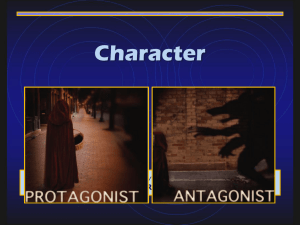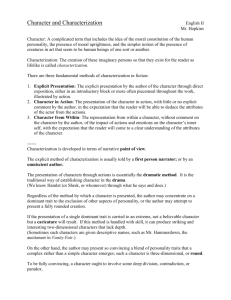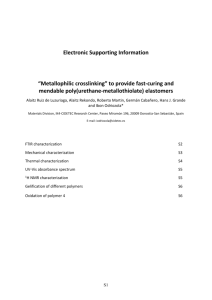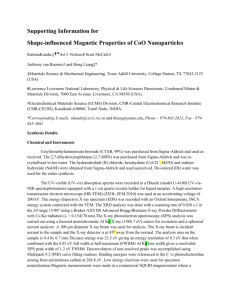cme410 - Stony Brook University
advertisement
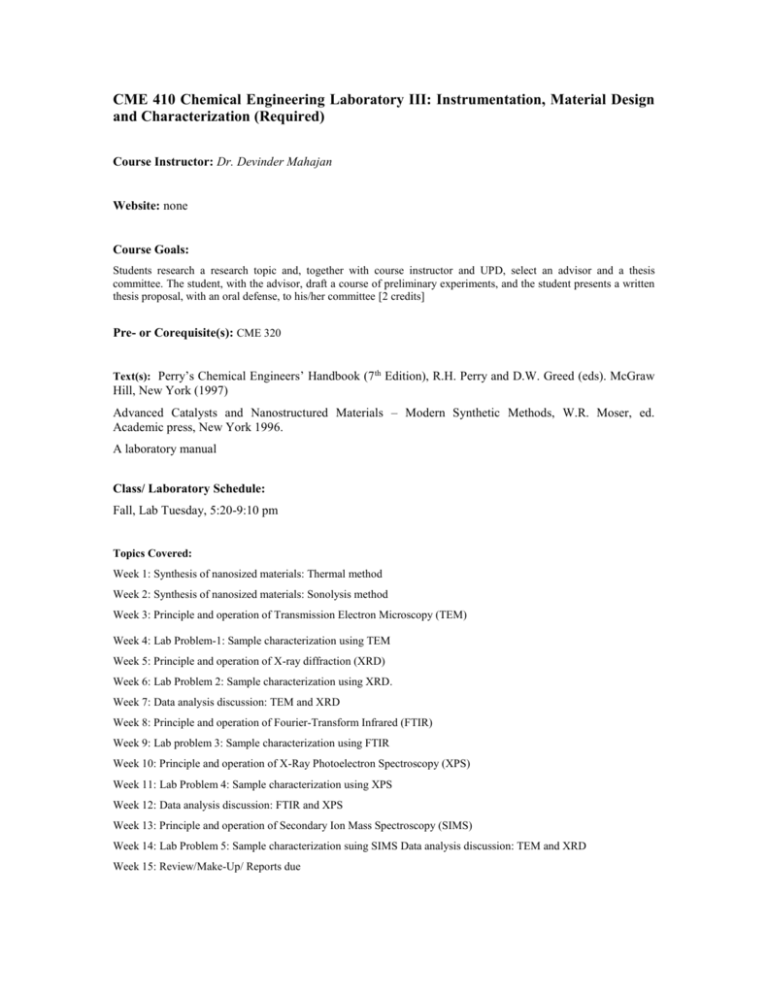
CME 410 Chemical Engineering Laboratory III: Instrumentation, Material Design and Characterization (Required) Course Instructor: Dr. Devinder Mahajan Website: none Course Goals: Students research a research topic and, together with course instructor and UPD, select an advisor and a thesis committee. The student, with the advisor, draft a course of preliminary experiments, and the student presents a written thesis proposal, with an oral defense, to his/her committee [2 credits] Pre- or Corequisite(s): CME 320 Text(s): Perry’s Chemical Engineers’ Handbook (7 th Edition), R.H. Perry and D.W. Greed (eds). McGraw Hill, New York (1997) Advanced Catalysts and Nanostructured Materials – Modern Synthetic Methods, W.R. Moser, ed. Academic press, New York 1996. A laboratory manual Class/ Laboratory Schedule: Fall, Lab Tuesday, 5:20-9:10 pm Topics Covered: Week 1: Synthesis of nanosized materials: Thermal method Week 2: Synthesis of nanosized materials: Sonolysis method Week 3: Principle and operation of Transmission Electron Microscopy (TEM) Week 4: Lab Problem-1: Sample characterization using TEM Week 5: Principle and operation of X-ray diffraction (XRD) Week 6: Lab Problem 2: Sample characterization using XRD. Week 7: Data analysis discussion: TEM and XRD Week 8: Principle and operation of Fourier-Transform Infrared (FTIR) Week 9: Lab problem 3: Sample characterization using FTIR Week 10: Principle and operation of X-Ray Photoelectron Spectroscopy (XPS) Week 11: Lab Problem 4: Sample characterization using XPS Week 12: Data analysis discussion: FTIR and XPS Week 13: Principle and operation of Secondary Ion Mass Spectroscopy (SIMS) Week 14: Lab Problem 5: Sample characterization suing SIMS Data analysis discussion: TEM and XRD Week 15: Review/Make-Up/ Reports due Contribution of course to meet professional component: Relationship of course to program outcomes: CTPC "3a-k" Outcomes A. Ability to apply knowledge of math, engineering, and science B1. Ability to design and conduct experiments B2. Ability to analyze and interpret data C. Ability to design system, component or process to meet needs D. Ability to function on multi-disciplinary teams E. Ability to identify, formulate, and solve engineering problems F. Understanding of professional and ethical responsibility G. Ability to communicate effectively H. Broad education I. Recognition of need an ability to engage in life-long learning J. Knowledge of contemporary issues K. Ability to use techniques, skills, and tools in engineering practice Any other outcomes and assessments? % contribution 40% 30% 10% 10% 10% 100% Prepared by __________________ Date Prepared: ________________
